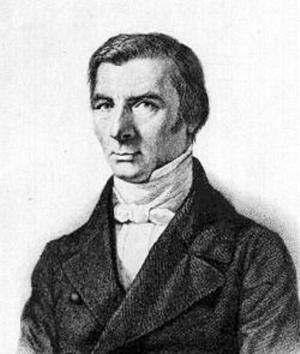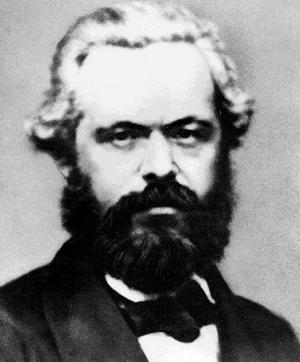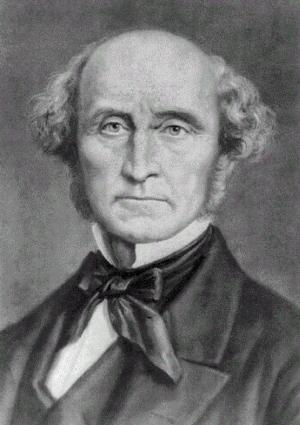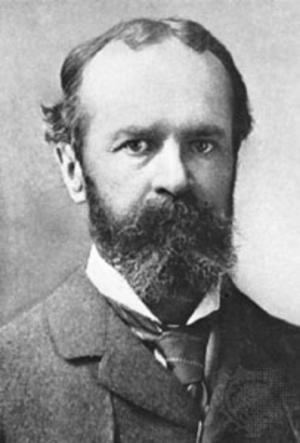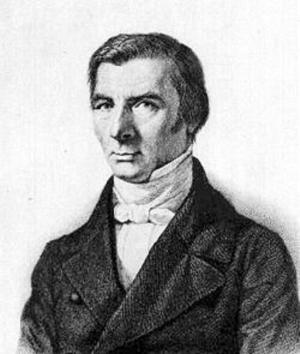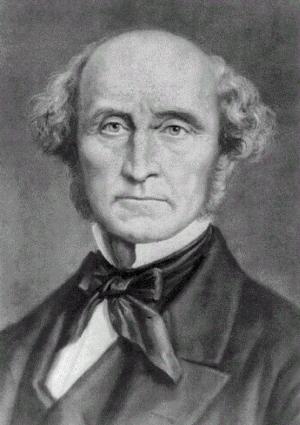Imperialism, the Highest Stage of Capitalism (Illustrated and Bundled with Vladimir Ilyich Lenin Library)
Business & Finance, Economics, Macroeconomics, Theory of Economics| Author: | Vladimir Ilyich Lenin | ISBN: | 1230000260047 |
| Publisher: | AS Team | Publication: | August 12, 2014 |
| Imprint: | Language: | English |
| Author: | Vladimir Ilyich Lenin |
| ISBN: | 1230000260047 |
| Publisher: | AS Team |
| Publication: | August 12, 2014 |
| Imprint: | |
| Language: | English |
The book has an active table of contents for readers to access each chapter of the following titles:
1) IMPERIALISM, THE HIGHEST STAGE OF CAPITALISM – V.I. Lenin
2) THE APRIL THESES: THE TASKS OF THE PROLETARIAT IN THE PRESENT REVOLUTION - V.I. Lenin
3) MATERIALISM AND EMPIRIO-CRITICISM - V.I. Lenin
4) THE STATE AND REVOLUTION - V.I. Lenin
5) WHAT IS TO BE DONE? - V.I. Lenin
Marx and Engels presented an analytical approach to the class struggle and the problems of capitalism in the book, The Communist Manifesto. The book also contains their ideas for how the capitalist society of the time would be replaced by socialism, and then eventually communism. However, the book is lack of detailed potential future forms of communism.
It was Lenin who took the theories of The Communist Manifest to the next level for delivery and implementation of a truly socialistic country. The above listed works by Lenin details the complete aspects that he contributed to build the foundational theory based on Karl Marx to deliver the first socialistic country Soviets in the world.
Lenin pointed out in the title, Imperialism, the Highest Stage of Capitalism, that the merging of banks and industrial cartels gave rise to finance capital, the basis of imperialism and the zenith of capitalism. In pursuing greater profits than the home market can offer, business exports capital, which, in turn, leads to the division of the world, among international, monopolist firms, and to European states colonizing large parts of the world, in support of their businesses. Imperialism, thus, is an advanced stage of capitalism based upon the establishment of monopolies, and upon the exportation of capital, managed with a global financial system, of which colonialism is one feature.
April Theses clearly reveals Lenin’s thoughts of using people through armed revolution to take over the power of a country.
Materialism and Empirio-criticism is a philosophic foundation of Marxism-Leninism. In the later years, Marxism-Leninism became the world view of communist members in socialistic countries copied from Soviets.
The State and Revolution is a theoretical foundation about the nature of a socialistic country and the essential elements of building a socialistic country.
The Vanguard Party concept out of “What Is to Be Done?” later became the theoretical foundation of communist party of any socialistic countries to form a structured power organization Central Committee with criteria and rigid process to identify, select, train, and promote party members. The members with the highest loyalty to the party will be enrolled into the Central Committee. Communist Party in a socialistic country then controls the whole country through the Central Committee.
Lenin’s collected thoughts in the five books had a strong influence on many communist leaders to replicate October Revolution Model through overthrowing a ruling party with an armed revolution.
Lenin’s path of building Soviets to address issues of Capitalism was catastrophic to the world. An estimated 70 million people died under the soviet regime. The human cost paid for his theory was enormous. Yet despite all this, Lenin’s Soviets and model are still worshipped by millions as a great model by other countries including North Korea and the aged followers in China today.
History is a mirror for us. Reading the book (Materialism and Empirio-criticism), we can have a second thought on evolution of our social systems and avoid paying human cost we made in the past by socialistic countries including Soviets and China.
Lenin’s road is opposite to the one from Adam Smith to Dr. Martin Luther King for American Dream. This is a must-read book to understand the organization theory of a communist party and the nature of a socialistic country.
The book has an active table of contents for readers to access each chapter of the following titles:
1) IMPERIALISM, THE HIGHEST STAGE OF CAPITALISM – V.I. Lenin
2) THE APRIL THESES: THE TASKS OF THE PROLETARIAT IN THE PRESENT REVOLUTION - V.I. Lenin
3) MATERIALISM AND EMPIRIO-CRITICISM - V.I. Lenin
4) THE STATE AND REVOLUTION - V.I. Lenin
5) WHAT IS TO BE DONE? - V.I. Lenin
Marx and Engels presented an analytical approach to the class struggle and the problems of capitalism in the book, The Communist Manifesto. The book also contains their ideas for how the capitalist society of the time would be replaced by socialism, and then eventually communism. However, the book is lack of detailed potential future forms of communism.
It was Lenin who took the theories of The Communist Manifest to the next level for delivery and implementation of a truly socialistic country. The above listed works by Lenin details the complete aspects that he contributed to build the foundational theory based on Karl Marx to deliver the first socialistic country Soviets in the world.
Lenin pointed out in the title, Imperialism, the Highest Stage of Capitalism, that the merging of banks and industrial cartels gave rise to finance capital, the basis of imperialism and the zenith of capitalism. In pursuing greater profits than the home market can offer, business exports capital, which, in turn, leads to the division of the world, among international, monopolist firms, and to European states colonizing large parts of the world, in support of their businesses. Imperialism, thus, is an advanced stage of capitalism based upon the establishment of monopolies, and upon the exportation of capital, managed with a global financial system, of which colonialism is one feature.
April Theses clearly reveals Lenin’s thoughts of using people through armed revolution to take over the power of a country.
Materialism and Empirio-criticism is a philosophic foundation of Marxism-Leninism. In the later years, Marxism-Leninism became the world view of communist members in socialistic countries copied from Soviets.
The State and Revolution is a theoretical foundation about the nature of a socialistic country and the essential elements of building a socialistic country.
The Vanguard Party concept out of “What Is to Be Done?” later became the theoretical foundation of communist party of any socialistic countries to form a structured power organization Central Committee with criteria and rigid process to identify, select, train, and promote party members. The members with the highest loyalty to the party will be enrolled into the Central Committee. Communist Party in a socialistic country then controls the whole country through the Central Committee.
Lenin’s collected thoughts in the five books had a strong influence on many communist leaders to replicate October Revolution Model through overthrowing a ruling party with an armed revolution.
Lenin’s path of building Soviets to address issues of Capitalism was catastrophic to the world. An estimated 70 million people died under the soviet regime. The human cost paid for his theory was enormous. Yet despite all this, Lenin’s Soviets and model are still worshipped by millions as a great model by other countries including North Korea and the aged followers in China today.
History is a mirror for us. Reading the book (Materialism and Empirio-criticism), we can have a second thought on evolution of our social systems and avoid paying human cost we made in the past by socialistic countries including Soviets and China.
Lenin’s road is opposite to the one from Adam Smith to Dr. Martin Luther King for American Dream. This is a must-read book to understand the organization theory of a communist party and the nature of a socialistic country.






